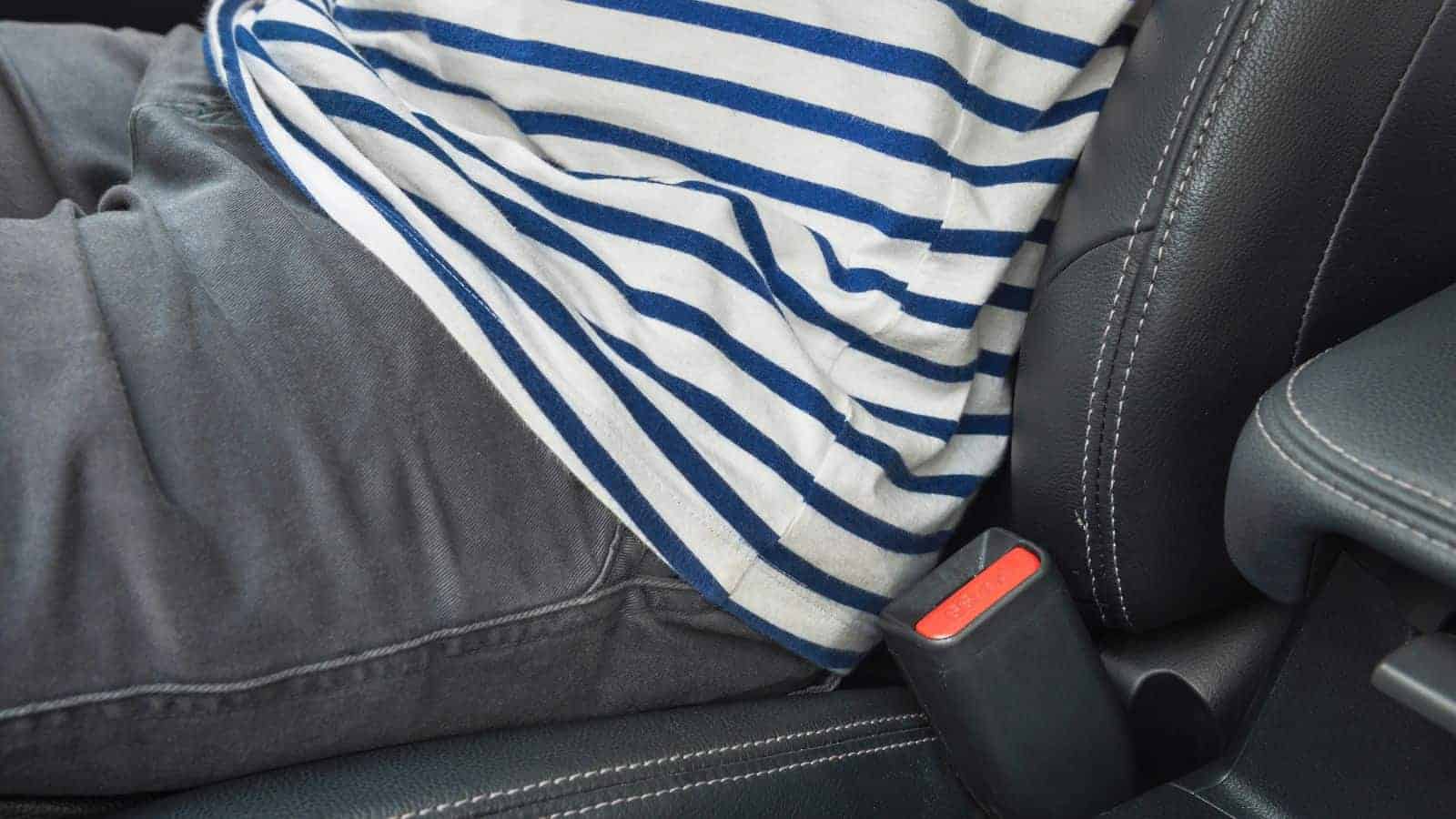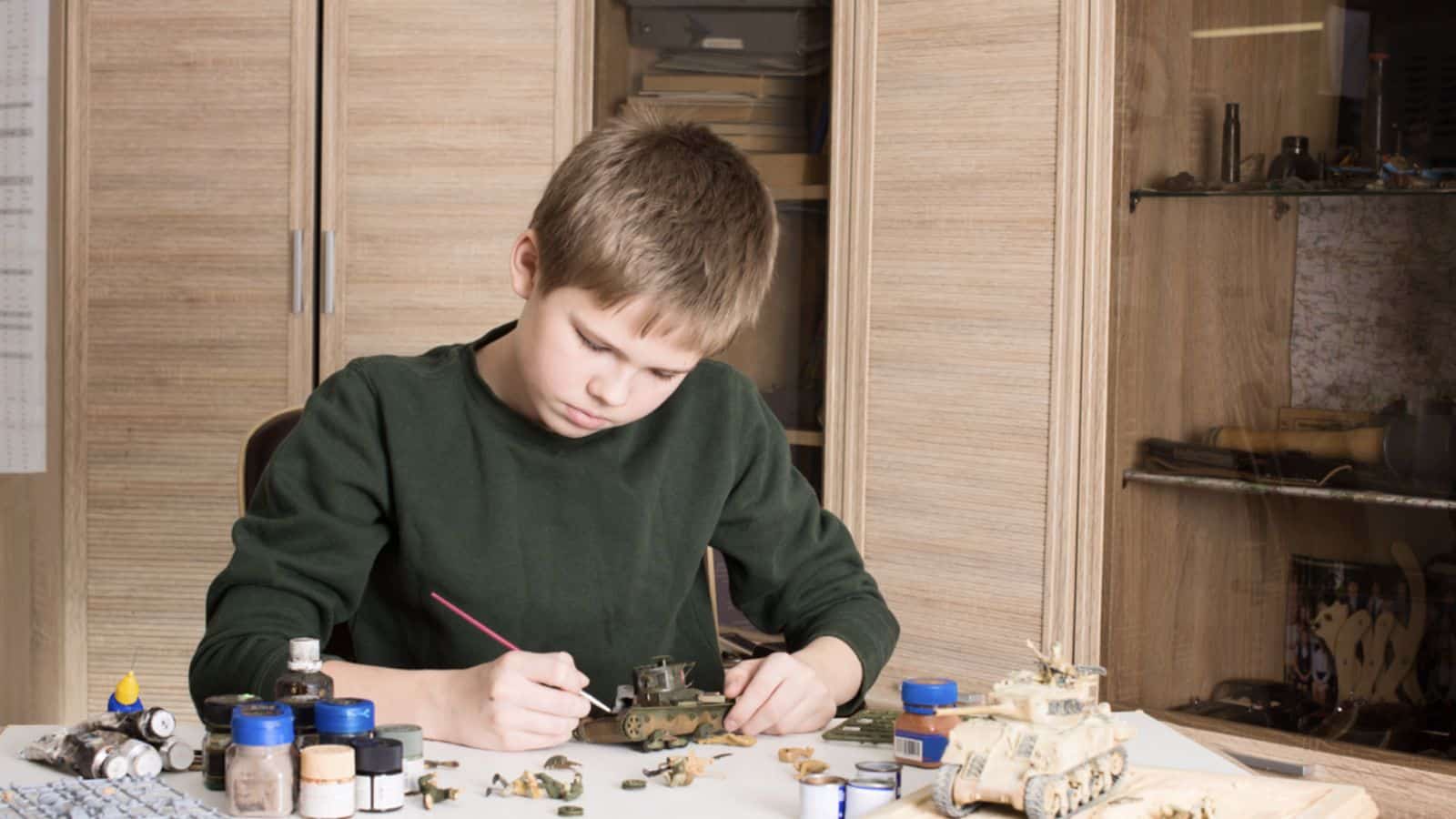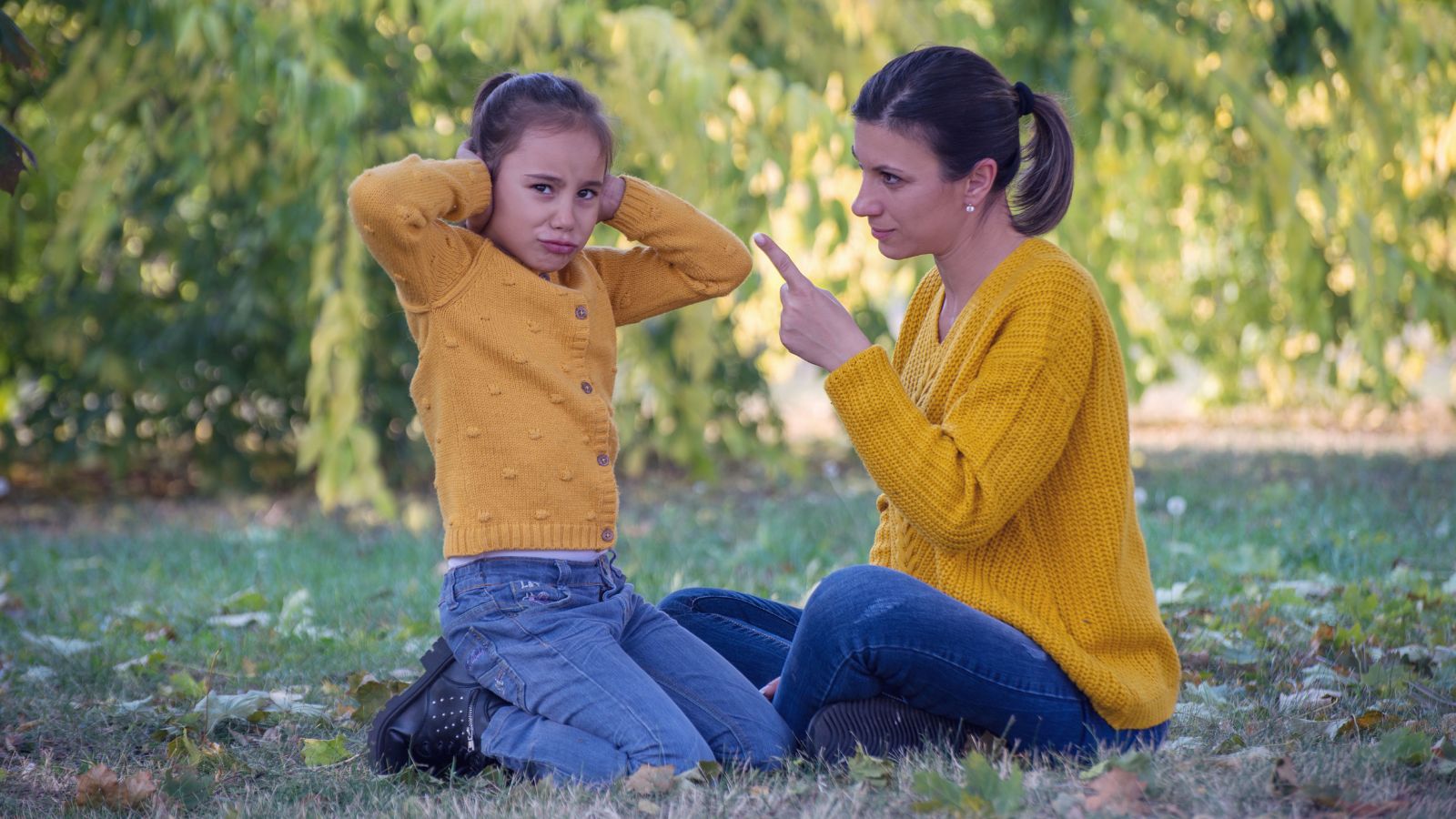Baby Boomers, born between 1946 and 1964, grew up in a world vastly different from today. From outdated safety standards to questionable social norms, their childhoods were marked by experiences that seem almost unimaginable now.
In this list, we look at 16 things Boomers endured growing up that would be unthinkable for kids and families in the modern era.
Riding in Cars Without Seatbelts

Back in the day, seatbelts were considered optional or nonexistent. Many cars didn’t even come equipped with them, and kids were often left to roam freely in the backseat or even ride in the cargo area of station wagons. The concept of car seats for toddlers was also unheard of, making car travel far more dangerous than it is today.
Smoking Everywhere, All the Time

It wasn’t just adults who endured secondhand smoke, kids did too. Smoking indoors, in cars, and even around children was completely normal. Schools sometimes even had designated smoking areas for teachers and older students. The health risks associated with smoking were downplayed, making it a far more pervasive part of daily life.
Corporal Punishment in Schools

Getting paddled or hit with a ruler was a standard form of discipline in schools during the Boomer era. Teachers and principals were given the authority to physically punish students for misbehavior.
This practice, which would spark outrage today, was widely accepted and rarely questioned by parents or the community.
Playing Outside Without Supervision

Boomers often recall spending entire days outside without adult supervision. They rode bikes, climbed trees, and explored their neighborhoods without anyone keeping track of their whereabouts. Parents trusted that kids would make it home in time for dinner, a level of freedom that would be deemed unsafe in today’s world.
No Safety Standards for Toys

Many toys of the Boomer era would never pass modern safety regulations. From sharp edges and small choking hazards to chemistry sets with actual toxic chemicals, kids were exposed to risks that would send today’s parents into a panic. Yet these toys were seen as normal and fun at the time.
Drinking From Garden Hoses

Boomers grew up drinking water straight from garden hoses during summer playtime. Today, the thought of drinking from a potentially bacteria-laden rubber hose would horrify most parents.
Minimal Supervision in the Kitchen

Kids were often left to experiment in the kitchen, sometimes using sharp knives or gas stoves without adult oversight. It wasn’t uncommon for young children to make their own meals or even cook for the family. In society today, such unsupervised activities would be considered risky.
Hitchhiking as a Normal Way to Travel

Hitchhiking was a common and socially accepted practice during the Boomer era. People of all ages, including teenagers, would thumb rides from strangers without much concern for personal safety. The dangers of hitchhiking were not widely acknowledged until later decades.
Lead Paint and Asbestos Everywhere

Boomers grew up surrounded by materials we now know are hazardous, such as lead-based paint and asbestos. It wasn’t until much later that the health risks were fully understood, regulations were put in place, and these substances were commonly used in homes, schools, and playgrounds.
Lax Attitudes Toward Bullying

Bullying was often brushed off as “kids being kids,” and schools rarely intervened. Victims were expected to toughen up or handle the situation themselves. The lack of anti-bullying policies and awareness left many kids to deal with emotional and physical harm on their own.
Riding Bikes Without Helmets

Bike helmets were virtually nonexistent, and kids regularly rode their bikes at high speeds without any protective gear. Crashes and injuries were common, but the idea of wearing a helmet didn’t gain traction until much later.
Today, it’s unthinkable to let kids ride without proper protection.
Limited Healthcare and Vaccination Access

While vaccinations did exist, healthcare was far less advanced and accessible during the Boomer era. Many children went without regular checkups, and diseases like polio and measles were more widespread.
Modern medical advancements and widespread vaccination programs have since changed the landscape of child health.
Public Shaming as Discipline

Parents and teachers weren’t shy about using public humiliation as a form of punishment. Whether it was writing lines on the chalkboard or being scolded in front of the class, kids often faced embarrassment as a disciplinary tactic. You would never be able to get away with such a thing today as this approach would be considered harmful and inappropriate.
Gender-Specific Expectations

Boomer children grew up in a world with rigid gender roles. Boys were expected to be tough and athletic, while girls were often pushed toward homemaking and childcare. Opportunities for sports, education, and careers were heavily influenced by these societal expectations, limiting choices for many children.
Eating Unhealthy Foods Without Regulation

Processed foods, sugary cereals, and TV dinners were staples of the Boomer diet. Nutrition education was minimal, and parents often relied on convenience over health. Today, there’s far greater awareness of the importance of balanced diets for children, making such eating habits less acceptable.
No Stranger Danger Awareness

The concept of “stranger danger” wasn’t widely taught, and children often interacted freely with adults they didn’t know. Boomers recall walking to school alone or playing in public areas without much concern for safety. These days, we luckily have a heightened awareness of child safety, which has drastically changed these practices.
